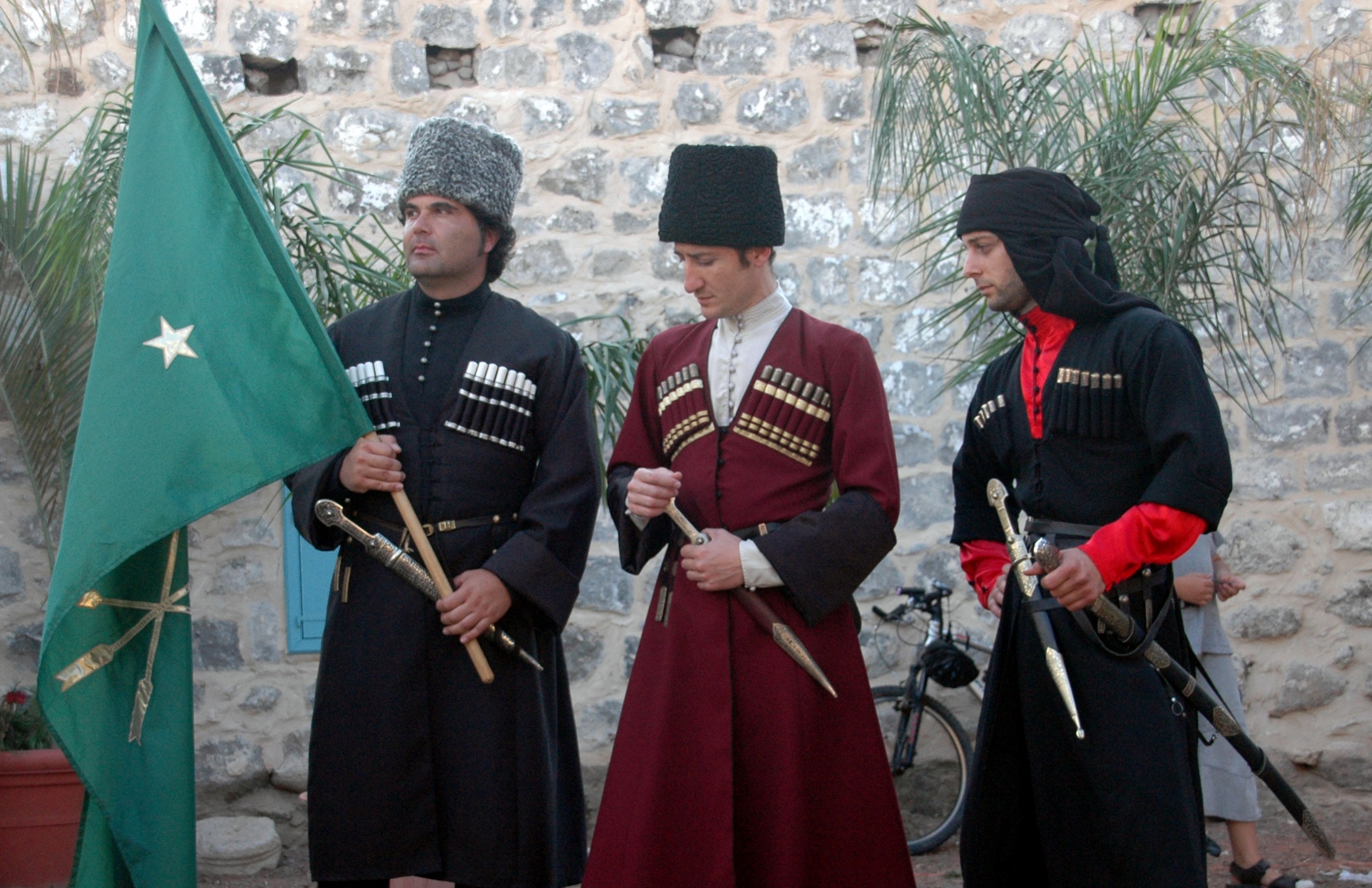
There are an estimated 6 million Circassians worldwide, the majority of whom now live in and around Turkey. They have been removed from their homeland in the Caucasus for hundreds of years.
By Emma Okell, ALLies Correspondent
The 2014 Winter Olympics have been a great source of controversy recently. There is outrage over the fact that LGBT athletes and spectators will be in danger of arrest, and different countries have found their own ways of protesting, including the use of an official 2010 Olympics pin that advocates for LGBT rights.
However, this is not the only human rights issue surrounding the 2014 Olympics. An issue that is being less readily discussed is that of the rights of the Circassians.
The Circassians are a race of people indigenous to the Caucasus area of Russia. However, 90 percent of them do not live in Russia, due to decades of war driving them from their land, making them the largest diaspora group in terms of ratio. The country Georgia has labeled the incident as genocide, and the Circassian Cultural Institute is trying to persuade other countries to do the same. Currently, Circassians are found mostly in Turkey but can be found in other countries as well.
The Olympics are going to take place in Sochi, which is in southwestern Caucasus, the native land of the Circassians. In the nearly 150 years that have passed since the Circassians were forced out of Caucasus, Sochi has become a tourist town, making it a seemingly ideal place for the Olympics. However, to the Circassians it is a thoughtless action: on the 150th anniversary of their dispersal, there will be sports being played on the very land where their ancestors were killed. While some of the Circassians only see this as an oversight, others see it as an attack.
In a sense, the LGBT community should have the best ability to sympathize with the Circassians. We have not been driven off of our lands because we don’t have any; we come from every land. However, we know of peers who cannot return home. In Russia, as well as other parts of the world, people like us are mistreated. The Olympics are meant to be a way of bringing together various countries to compete as citizens of the world, not to demonize or discriminate against groups. When a group of people is affected by the Olympics, it is not only affects them, but everyone.
If nothing else, the 2014 Olympics have reminded us all of our identities. Although LGBT rights strike closest to home, it is not enough to be Allies of only LGBT individuals. We are ALLies of the human species as a whole.
